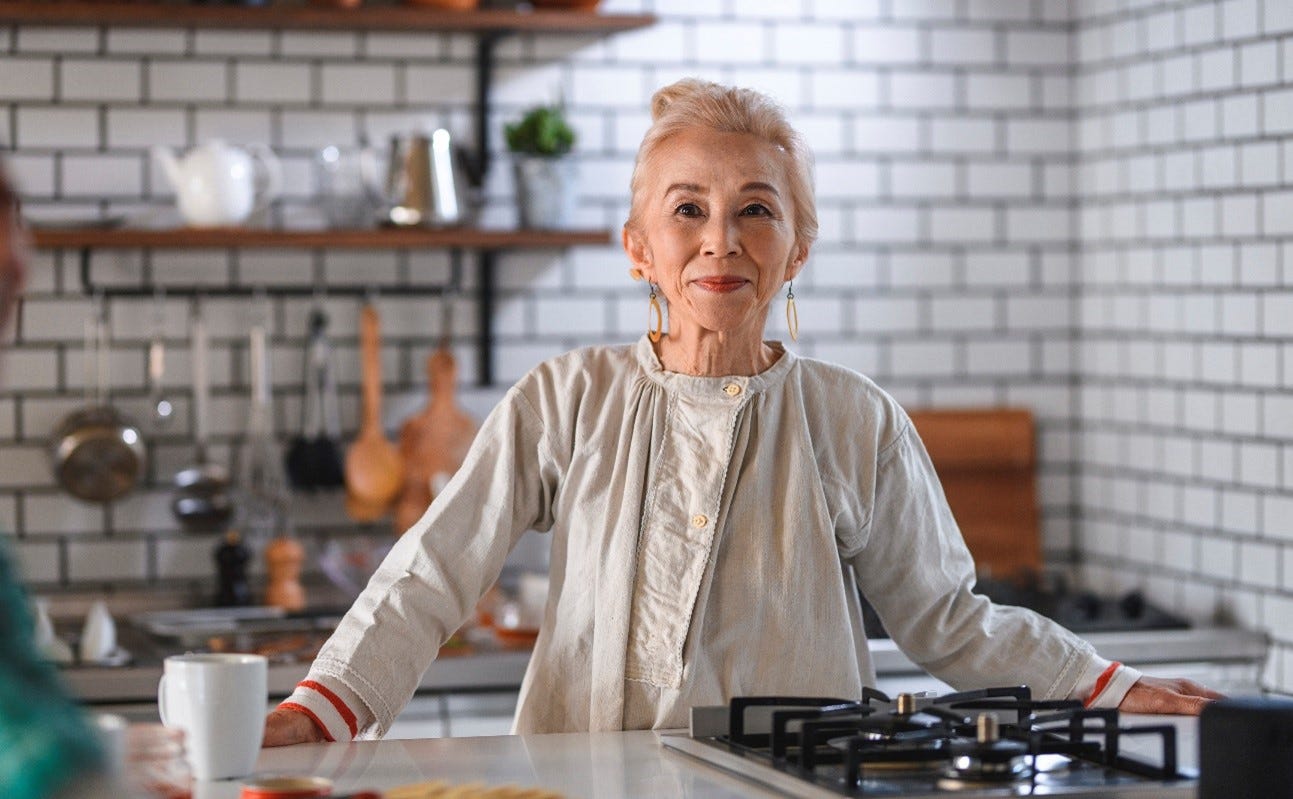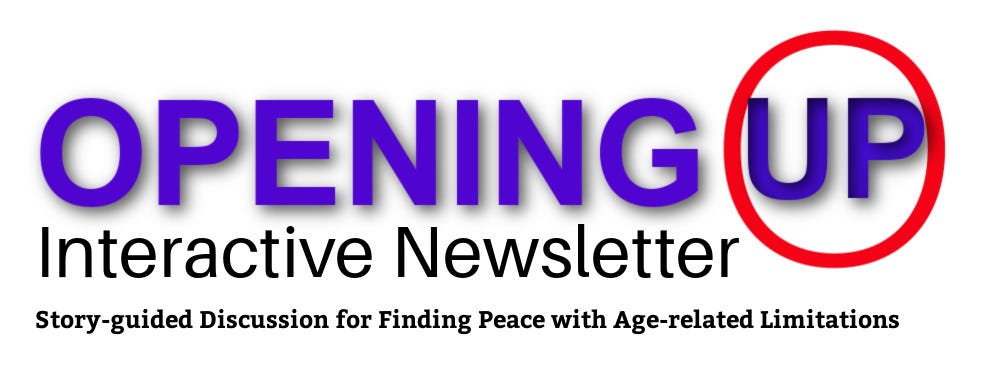Maggie's Reply to Bovine Belching Critics
Rethinking Regret
Why Be Such a Dunce?
Take a Time-out to Enjoy your Cookie — and Milk
"We don't need milk!" one sign said in a protest group of not more than 200 people outside the Wisconsin office of the American Dairy Association.
Another sign read, "Dairy Is Dead!"
It was all on local TV, and Rich squirmed in his lift chair, recalling the recent cartoon page in The New Yorker magazine about "The History of Alternative Milk," which was meant to be humorous but, in Rich's eyes, was not funny at all.
"That New Yorker keeps stirring up people who should know better."
"What did you say?" Maggie, Rich's wife, called from the kitchen in a raspy voice.
"They're demonstrating against milk again," he replied with disappointment.
At 77, Rich could look back on a long family history that was interwoven into Wisconsin's dairy heritage. His great grandfather came to Wisconsin from Germany and eventually accumulated enough land to set up his three sons in dairy farming, an occupation also followed by his father, Pat, and his brother, John.
Rich also had two uncles who worked in the milk processing end of the dairy industry. Ken was a butter maker at the local dairy plant, where Joe was an engineer.
And Rich himself could look back on a 40-year career in dairy processing, 10 of them as a vice president of a regional dairy cooperative based in Wisconsin which manufactured cheese and butter and supplied high-grade lactose to the pharmaceutical industry for coating pills.
Yes, methane reductions are crucial in combating climate change, Rich reasoned to himself as he watched the TV coverage. But how could milk cows be such a big part of the problem? And why was it the focus lately on broadcast media? What about the gas and oil industries?
The TV coverage broke into his thoughts with a live interview of one of the demonstrators.
"Cutting methane emissions is the fastest opportunity we have to immediately slow the rate of global warming ...," the interviewee said flatly. "Methane has more than 80 times the warming power of carbon dioxide over the first 20 years after it reaches the atmosphere. Even though CO2 has a longer-lasting effect, methane sets the pace for warming in the near term. So now is the methane moment: Acting now to reduce methane emissions will have immediate benefits to the climate that reductions in carbon dioxide cannot provide on their own. It's an opportunity we can't afford to miss."
Rich turned the TV off.
Yeah, blame it all on bovine belching and cow farts, Rich sharply noted to himself. He was both angry and sad – angry at the stilted coverage and sad because the demonstrators were directly attacking what was once his livelihood and his family's heritage over the last 150 years.
That's not a good legacy, Rich lamented, if a family must finally admit that it unwittingly contributed to climate change -- and did nothing to prevent the problems some in the upcoming generation will certainly face due to global warming. That's guilt. History's judgment will be harsh.
"Want a cookie?" asked Maggie, breaking into Rich's dive into self-mutilation and recognizing his melancholy about milk. "And milk?”
"No milk," he whispered.
Maggie broke into a belly laugh. "Why be such a dunce? Have you ever thought about all the good you've done by managing your department well at work? The respect you gave the people on your team? Remember Jane? When she told you, years later, 'you've been the best boss I've ever had'? That's something. And here's something else."
“Living with no regrets is living successfully.”
– Dr. Ellen Taricani
She handed Rich a printout of an article from theconversation.com. Here's what the lead paragraph said:
"Frank M. Mitloehner, Professor of Animal Science and Air Quality Extension Specialist, University of California, Davis, has found that all of animal agriculture contributes less than four percent of the total U.S greenhouse emissions. World-wide it's 14.5 percent."
Rich went to the refrigerator to get his glass of milk.
His takeaway tip from this episode: Recall with pride your job well done with coworkers – even in industries currently under scrutiny for being a danger to our environment.
Use “My Latest Legacy Nugget” resources to share your “opening Up” comment with a family member or friend.
Here’s to elderhood and vulnerability!
Jim Hasse, ABC, GCDF, retired, author of “Opening Up” newsletter
“Story-guided Discussion for Finding Peace with Vulnerability”






During my first two years on the job after college, I felt both excitement and regret. I was excited about meeting new people but found working for a small cooperative in a town with fewer than 200 people, a supper club and a church a bit stodgy. After all, my dream at graduation was working for an advertising agency on Wacker Drive in Chicago.
To my surprise, the cooperative grew quickly into what became a Fortune 500 company in the 1980s. And I grew with it --- eventually becoming vice president for corporate communication and serving its members for 29 years.
After a stint in Los Angeles with a research firm and 10 years with a nonprofit in New York City (and 11 years of retirement), I now have no regrets.
My cooperative background has given me an appreciation for evaluating CEO performance based on success in delicately balancing the interests of stockholders, employees, customers, community members and vendors/suppliers.
As a corporate communicator at heart, I find that much more complex (and rewarding) than the private sector’s current obsession among CEOs with stock valuation levels alone.
* When have you found yourself setting aside regret as no longer relevant while recalling events in your career?